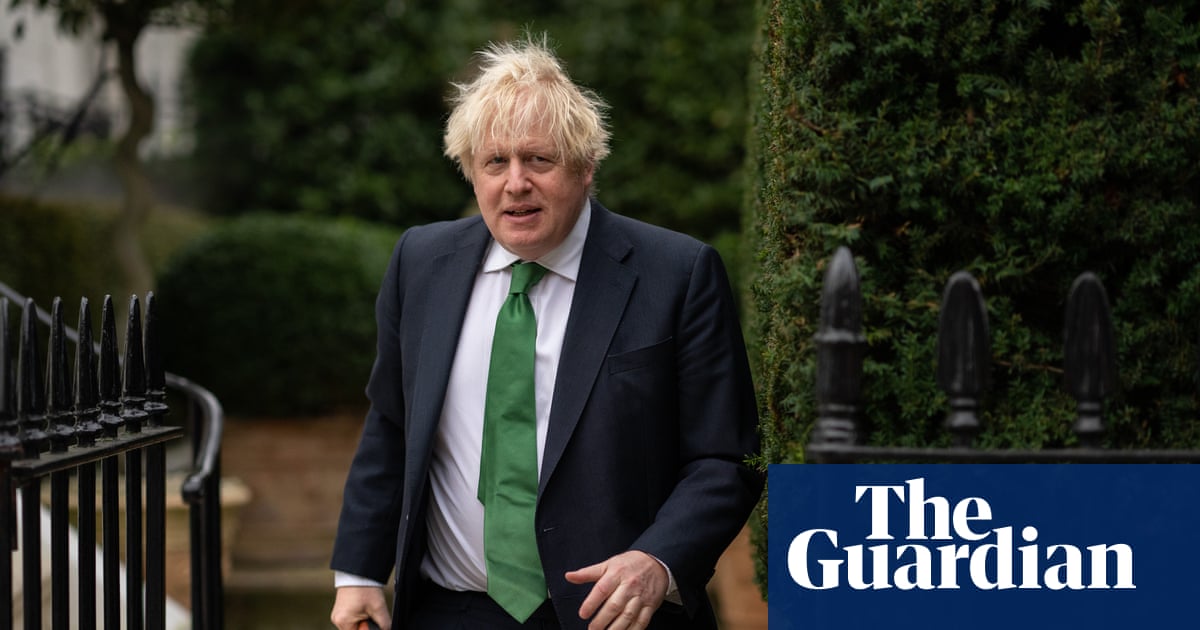
Boris Johnson must meet families whose relatives have been killed by coronavirus and fund research into the longer-term effects, known as “long Covid”, to help the pandemic’s forgotten victims, MPs have said.
Their recommendations form part of a fresh set of demands made on the prime minister intended to shape how he prepares for a potential second wave of the illness this autumn.
MPs on the all-party parliamentary group (APPG) on coronavirus inquiry, which releases recommendations every two weeks, have heard from more than 1,100 people who have either lost loved ones to the illness, or who continue to suffer its long-term effects.
One woman wrote how she had no choice but to say goodbye to her father over a rushed video call only made possible because a nurse lent him her personal mobile. He later died alone.
The mother of a 21-year-old woman told how she expected her late daughter to have been protected from the virus while in hospital.
MPs also detected 18 reoccurring symptoms of what may be long Covid from more than 600 submissions. They include lasting breathing problems, purple toes, aching muscles and exhaustion.
The Liberal Democrat MP and chair of the APPG, Layla Moran, said: “Those living with the long-term impact of Covid have become the forgotten victims of this pandemic. Many are suffering daily from debilitating symptoms but feel they’re not being listened to or taken seriously.
“It’s vital the government listens to these concerns and steps up support including for those who weren’t hospitalised or tested. We also need further efforts to boost research into treatments that could provide much-needed relief to patients.
“We’ve heard harrowing evidence from those who have lost loved ones to this terrible disease and have been given the cold shoulder by No 10. The prime minister must commit to meeting with bereaved families and agree to their calls for a judge-led public inquiry.”
The MPs want their inquiry to improve the government’s response in real time and for lessons to be learned before a potential second wave of the illness.
Among their calls is for Johnson to meet representatives of bereaved families in person after a request made in July to him and the health secretary, Matt Hancock, was turned down because of their schedules.
They also want Johnson to agree to a judge-led inquiry into the pandemic response and for tailored mental health sessions to be offered to families bereaved by coronavirus.
For long Covid sufferers they want the government to invest in more research and set up a working group that can make recommendations for GPs and employers.
One woman who responded to the committee’s call for evidence wrote: “During [my father’s] final weeks a nurse facilitated one short, rushed and distressing video call using her personal mobile phone aside from which he had no contact with his family.
“He died – alone – on 2 April. I made a 400-mile round trip to attend my father’s 14-minute funeral at which just four of us including one child were permitted. We believe his death from Covid-19 was avoidable, the lack of preparedness inexcusable, the government’s insistence on claiming success in its pandemic response beneath contempt.
“Decisions made that have led to the deaths of people like my father must be properly acknowledged and addressed if, as a country, we are to spare other families suffering the same fate.”
The cross-party group of MPs, which was formed earlier this summer, includes the Conservative MP and group vice-chair, Dan Poulter, Labour’s Clive Lewis, Plaid Cymru’s Liz Saville Roberts, the Scottish National party’s Philippa Whitford, and the Green party life peer Jenny Jones.
The prime minister said in the Commons on 22 July that he would listen to the recommendations put forward by the committee.
A government spokesperson said: “Every death from this virus is a tragedy and our sympathies are with everyone who has lost loved ones. As we continue our fight against this global pandemic, we are constantly learning more about the impact of coronavirus not only on immediate health, but on longer-term physical and mental health too.
“To support this we are funding one of the world’s largest research studies to track its impact on the most seriously affected patients, backed by £8.4m, to ensure future treatments are as tailored as possible and more lives are saved.”












